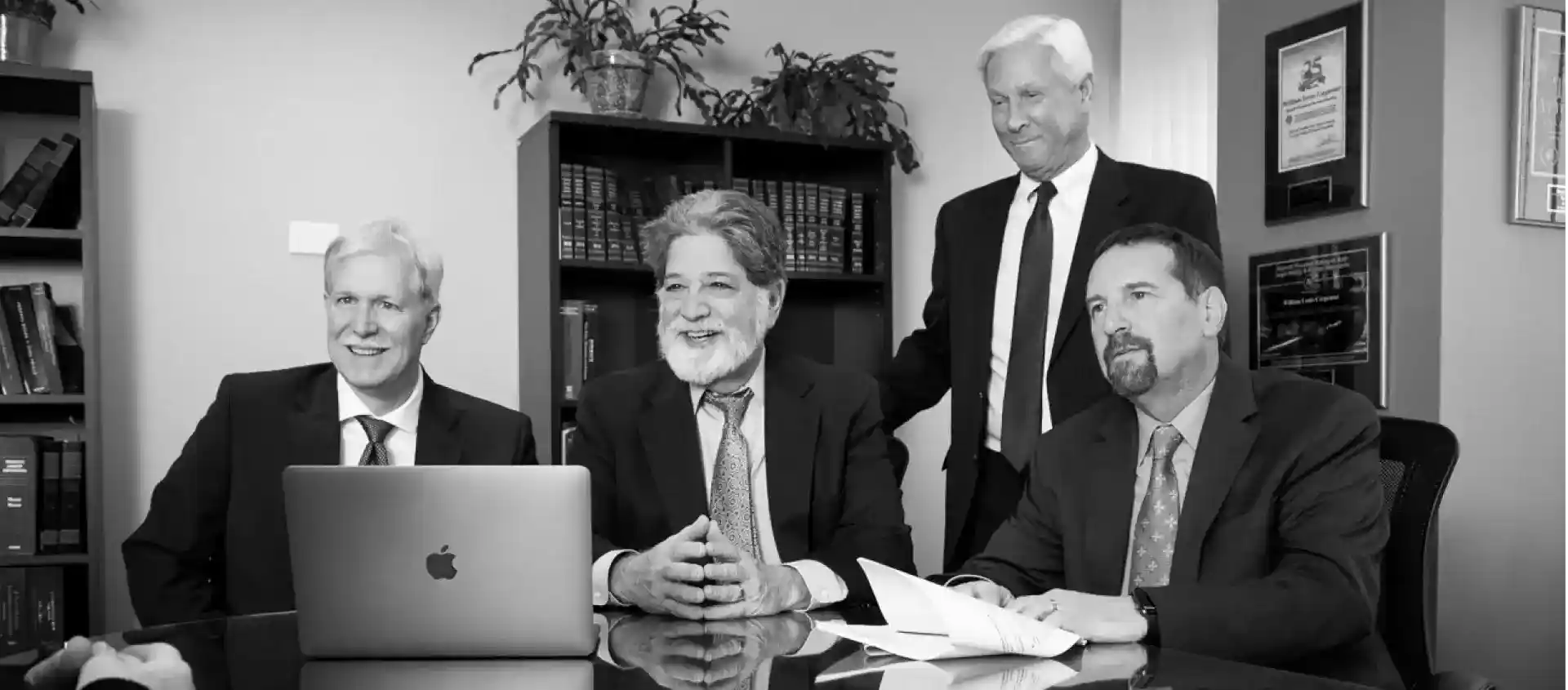
In recent years, the short-term rental market has increased. These types of listings can be found on sites such as AirBnB and VRBP, and allow property owners to make some side cash by charging fees for letting others stay in their homes.
Although short-term rentals provide an extra source of income, if a person does not abide by rules and regulations for this type of business, they could find themselves paying hefty fines and possibly spending time behind bars.
Denver’s Short-Term Rental Rules
One of the biggest complaints Denver’s Excise and Licensing received was about short-term rentals (STRs), namely the level of noise coming from renters using properties for parties.
In 2017, the city enacted an ordinance and rules to regulate STRs and maintain the integrity of neighborhoods in which residents used their homes as short-term rentals.
In Denver, if a person plans to rent their home for 1 to 29 days, they must first obtain a license to do so. The rules also state that the property a person plans to operate as a short-term rental must be their primary residence, which the city ordinance defines as “the usual place of return for housing.”
Proof that a property is a person’s primary residence includes two of the following:
- Motor vehicle registration
- Driver’s license
- Colorado state identification card
- Voter registration
- Tax documents
- Utility bill
If a person is renting a property that they use as their primary residence, they can still apply for an STR license as long as they have permission from their landlord to do so. However, if the property is not their primary residence, they are not eligible for the license. In such situations, they must apply for a Lodging Facility license.
Short-Term Rentals and Felony Charges
Some individuals seeking to rent out their property for less than 30 consecutive days a month might submit an application but overlook the fact that they can only get a license for their primary residence.
Unfortunately, in situations where an STR license is obtained for a second home, the owner might be charged with attempting to influence a public servant, which is a felony offense.
For instance, say Jeremy has a home on 1234 Towne Street and another on 5678 Grove Street. His driver’s license and tax documents list his address as Towne Street. Jeremy decides he wants some extra cash and applies, and is approved, for a short-term rental license for his Grove Street home.
However, because Jeremy’s driver’s license lists a different address than the one he submitted on his STR license application, it raises a red flag with Denver’s Excise and Licensing.
The agency, along with the police, investigates the matter and finds that the Grove property is not his primary address. Jeremy gets charged with attempting to influence a public servant because he used deceit to get his application approved.
If convicted for this offense, Jeremy could be looking at a fine of up to $500,000 and a prison sentence of up to 6 years.
For Effective Legal Counsel, Call Gerash Steiner & Blanton, P.C.
Whether you’re facing a felony or misdemeanor charge in Denver, having a skilled defense attorney on your side is crucial. Our team has extensive experience in the criminal justice system and knows how to build solid legal strategies to fight charges.
To get started on your case, call us at (303) 732-5048 or contact us online.

